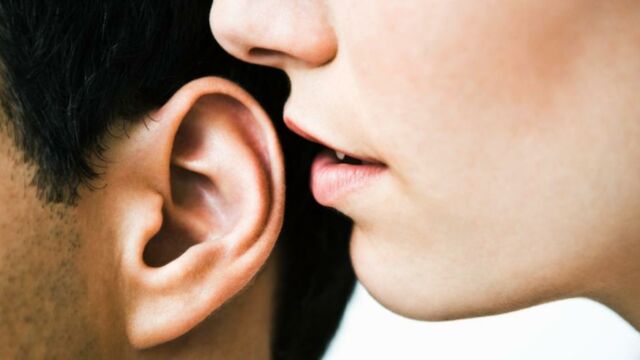Hearing problems are more and more frequent nowadays because of the many things that can damage them. Earphones, concerts, electrical appliances… We sometimes forget how much stress we put our ears through. Although it is completely natural for our hearing to diminish as we get older, our modern habits are accelerating hearing loss at an alarming rate.
Discover our latest podcast
The older we get, the less we hear
Presbycusis, or age-related hearing loss, comes gradually as we get older. Tinnitus—a ringing in the ear—is also common in older people.
The older we get, the more difficult it becomes to hear high-pitched sounds. Because unlike other organs, our inner ears don’t regenerate. Hair cells are sensory cells, they are capped with filamentous structures, stereocilia and line the cochlea vertebrae. They allow us to hear different frequencies and they then send these messages to our brains. Almost everyone can hear up to 8000 Hz, people under 50 years old can hear up to 12000 Hz whilst people around 40 can only just hear frequencies of 15000 Hz.
How can we protect our ears?
Of course, there are ways to delay hearing loss, and it's a lot easier than you might think. Don’t listen to music above 85 decibels, wear earplugs at concerts and in nightclubs. Don’t listen to music through earphones for more than 20 hours a week and if you hear a whistling in your ears in a noisy place, let your ears relax a bit and take a little sound break.
Check out the video above to test your own hearing and see how old your ears are!















